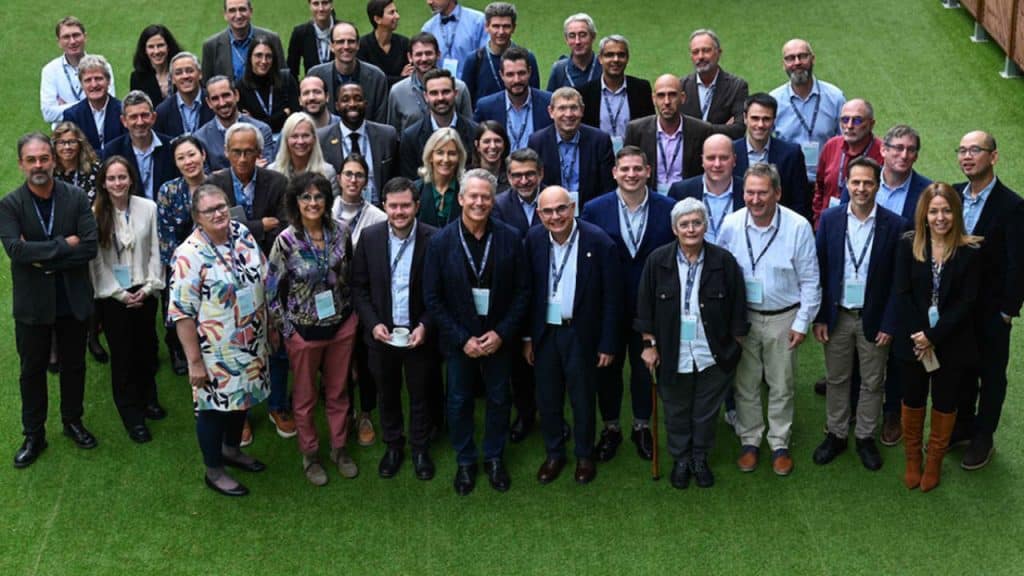You might have heard of the Human Genome Project. This massive undertaking spanning decades mapped the full extent of human DNA, making all sorts of interesting discoveries on the way. It was the biggest-ever collaboration of its kind. Now, a new project hopes to do something similar for the human immune system (https://longevity.technology/news/human-immunome-project-unveils-plan-to-map-the-human-immune-system/).
It’s difficult to understate the importance of the immune system. Without it, we’re susceptible to every little bacterium or virus that comes by. It protects us from illness and heals us from injury. People with damaged immune systems struggle just to go out and have a normal life. Unfortunately, we’re still a long way from understanding all the nuances of how the immune system works.
What we do know is that its performance deteriorates as we age. That’s how older people end up with so-called “inflammaging”, the chronic inflammation that underlies so many age-related health problems. If we want to improve human longevity and ensure that our later years can still be lived with a reasonable degree of strength and wellness, the immune system has to be one of our main research targets.
Estimates suggest that only 0.01% of necessary data has been collected to properly understand the human immune system, so there’s a lot of work to do. Enter the Human Immunome Project (HIP). Run as a non-profit and operating on a global scale, HIP has a plan to fully map the extent and function of the immune system in all its complexity.
To do this, researchers around the world are going to gather more data from people of different ages, sexes, races, locations and socioeconomic backgrounds. Humanity is a diverse species, and to understand it properly, we need samples from as many different populations as possible. A particular focus is being placed on sub-Saharan Africa and the Global South, areas that are often ignored by Western science.
There will be a standardized kit to ensure that all data is collected in the same way and meets the same thresholds. Then the analysis will start, with scientists using modern tools like AI to track and predict immune responses and how they change. With any luck, this will eventually lead to a better understanding of aging and disease, and with it the development of new therapies for a range of medical conditions affecting different groups.




